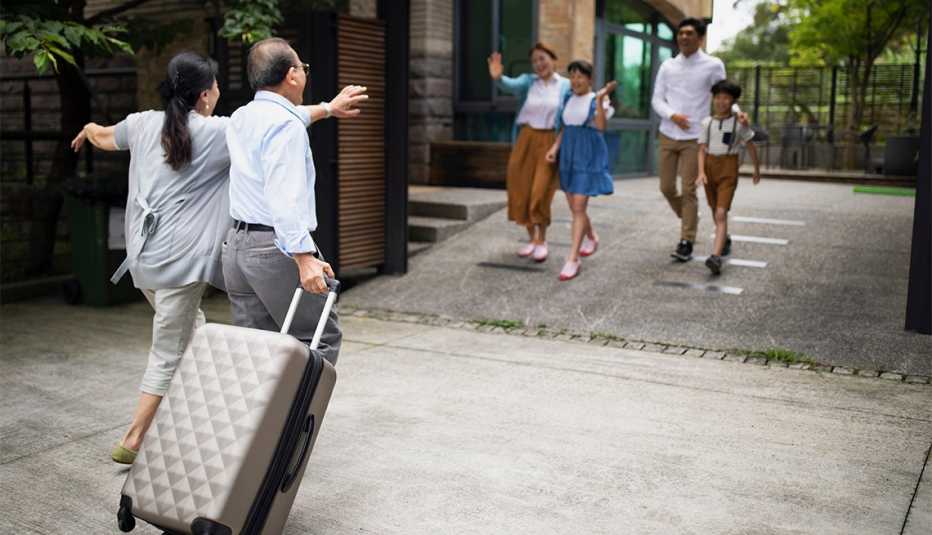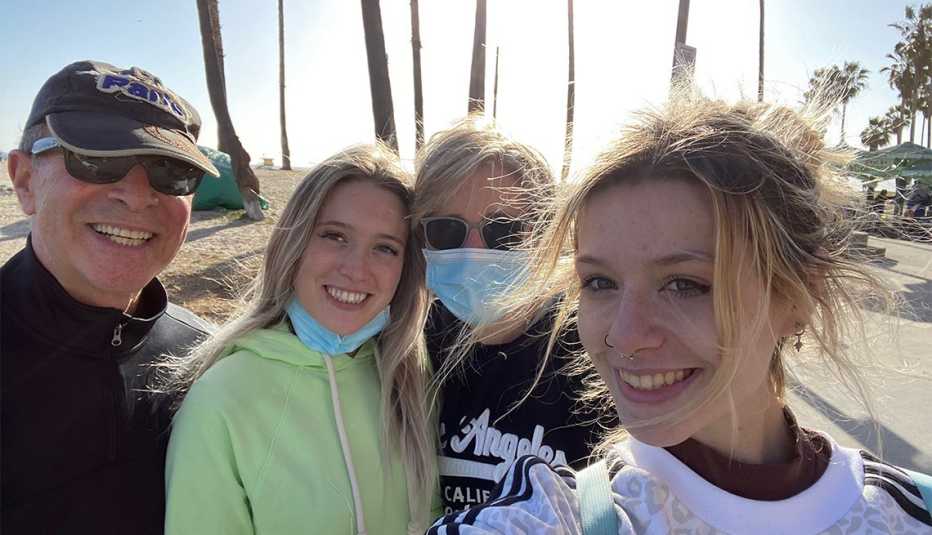Staying Fit
Some days it feels like saying “thank you” has gone out of style. People are rushed in the grocery store, friends take favors for granted, and the practice of sending a handwritten thank-you note seems to be waning.
Why does it seem like some of these common courtesies are disappearing? In today's world, words of gratitude — when they come at all — tend to be sent via text or social media. They get digested, then disappear into cyberspace.


AARP Membership— $12 for your first year when you sign up for Automatic Renewal
Get instant access to members-only products and hundreds of discounts, a free second membership, and a subscription to AARP the Magazine.
"It's easy to send off a perfunctory thank-you and consider that a job done, so the lowest common denominator has become the norm,” says nationally syndicated etiquette columnist Thomas P. Farley, also known as Mister Manners. “And, sadly, more often than not, the ‘norm’ is not even the perfunctory thank-you."
The pandemic is part of the reason, Farley says. Early on, as scientific guidance was still evolving, people “were wary of even touching the mail they received, so for anyone seeking an ‘out’ for sending a handwritten thank-you note, there were plenty of options.”
Fewer events, celebrations, dinner parties and vacation homes being shared also meant fewer reasons to send thank-you notes. Meanwhile, as people began spending more time in front of the computer for work, school and pleasure, technology became the easiest way to express appreciation.
Acknowledgment would be nice
Jeff Schoonmaker doesn't care so much how his gift is acknowledged as he cares about whether it is acknowledged at all.
The 51-year-old corporate accountant, from Eugene, Oregon, has sent graduation, birthday and wedding presents a number of times without hearing from the recipients.


Elaine Swann, 53, founder of the Swann School of Protocol in Carlsbad, California, is familiar with this scenario.
"Some of us are able to roll our eyes and say, ‘Oh, well’ and let it go,” she observes. “But for many of us, it's quite a disappointing feeling. Even if we know the underlying gratitude is there, it's that the need for common courtesy toward our fellow man has not been prioritized."





































































